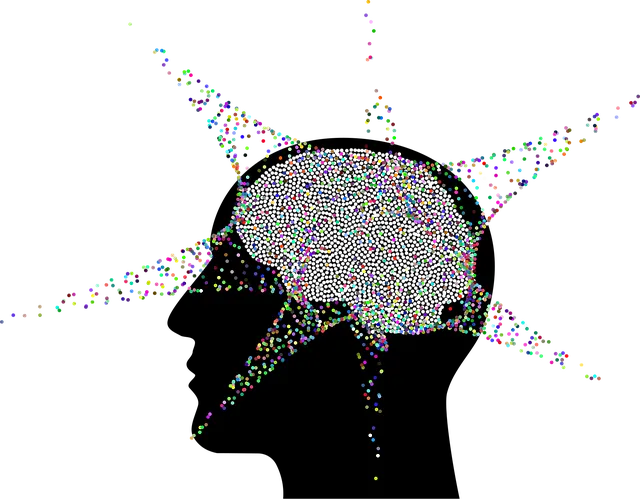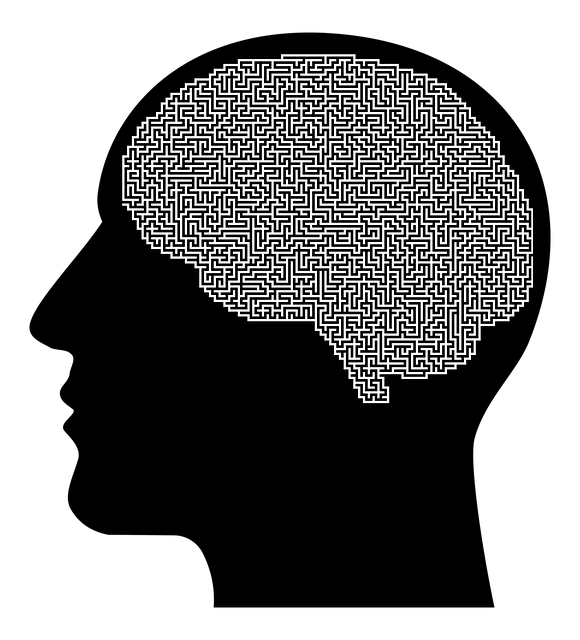The Kaiser Permanente mental health center in Centennial prioritizes patient safety and care through comprehensive risk assessment frameworks that identify and mitigate risks across treatment areas. Holistic initiatives include tailored tools for different patient groups, self-care practices, workshops, and a podcast series, fostering open conversations about mental health. The center focuses on harm minimization, resilience, and healthy coping mechanisms to create a supportive environment, aiming to prevent burnout through evidence-based strategies integrated into their risk assessment planning.
“Risk assessment and harm minimization planning are vital strategies employed by healthcare organizations, especially Kaiser Permanente Mental Health Centers, like the one in Centennial, to ensure patient safety. This article explores the comprehensive approach of these centers in managing risks through a structured framework. We delve into how mental health professionals play a pivotal role in identifying potential harms and implementing evidence-based strategies for mitigation. By understanding these processes, we can appreciate the holistic care provided by Kaiser Permanente, fostering a supportive environment.”
- Understanding Risk Assessment Frameworks at Kaiser Permanente
- Mental Health Center's Role in Harm Minimization Planning
- Implementing Evidence-Based Strategies for Safety and Support
Understanding Risk Assessment Frameworks at Kaiser Permanente

At Kaiser Permanente mental health centers, such as the one located in Centennial, risk assessment frameworks play a pivotal role in ensuring patient safety and effective care. These frameworks are meticulously designed to identify, evaluate, and mitigate potential risks associated with various aspects of mental health treatment, from medication management to therapy sessions. By adopting structured approaches, the organization promotes a proactive culture where harm minimization becomes an integral part of clinical practice.
One notable example is the implementation of comprehensive risk assessment tools tailored for different patient populations. This includes self-care practices aimed at empowering individuals to manage their mental wellness. Additionally, Kaiser Permanente offers Stress Management Workshops and organizes Mental Wellness Podcast Series productions, further enriching its risk minimization strategy. These initiatives not only educate patients but also foster open discussions around mental health, contributing to a holistic approach to care within the Centennial mental health center.
Mental Health Center's Role in Harm Minimization Planning

The Kaiser Permanente mental health center in Centennial plays a pivotal role in harm minimization planning, prioritizing individuals’ well-being and fostering a supportive environment. These centers are designed to be comprehensive hubs where mental health professionals can not only offer therapy but also implement strategies for risk assessment and management. By integrating coping skills development and confidence-boosting initiatives, the center equips individuals with tools to navigate challenges.
Through Risk Management Planning for Mental Health Professionals, these facilities ensure a proactive approach. This involves identifying potential risks, implementing safety measures, and providing resources for crisis intervention. The dedicated team at the Kaiser Permanente mental health center Centennial is committed to delivering evidence-based practices, fostering resilience, and promoting healthy coping mechanisms, ultimately contributing to a safer and more supportive community.
Implementing Evidence-Based Strategies for Safety and Support

Implementing evidence-based strategies for safety and support is a cornerstone of comprehensive risk assessment and harm minimization planning at Kaiser Permanente mental health centers, such as the one in Centennial. These strategies draw upon rigorous research in emotional healing processes to ensure that patients receive the most effective care possible. By integrating Mental Wellness Coaching Programs Development, facilities like Kaiser Permanente Centennial can promote proactive measures to prevent burnout among both staff and clients, fostering a more sustainable and positive environment.
This approach extends beyond traditional interventions, focusing on holistic solutions that address the underlying causes of distress. Through these evidence-based practices, Kaiser Permanente mental health centers in Centennial are committed to not only treating symptoms but also nurturing mental wellness over time. This includes tailoring support systems to individual needs, utilizing innovative techniques shown to enhance emotional healing processes, and fostering a culture where open dialogue about mental health challenges is encouraged and supported.
The integration of risk assessment and harm minimization planning, as demonstrated by Kaiser Permanente Mental Health Center in Centennial, is a proactive approach to ensuring patient safety and well-being. By utilizing comprehensive risk assessment frameworks and evidence-based strategies, the center plays a pivotal role in identifying vulnerabilities and implementing effective interventions. This holistic approach not only minimizes potential harms but also fosters a supportive environment, making Kaiser Permanente Mental Health Center a leader in providing quality care and enhancing the lives of its patients.






